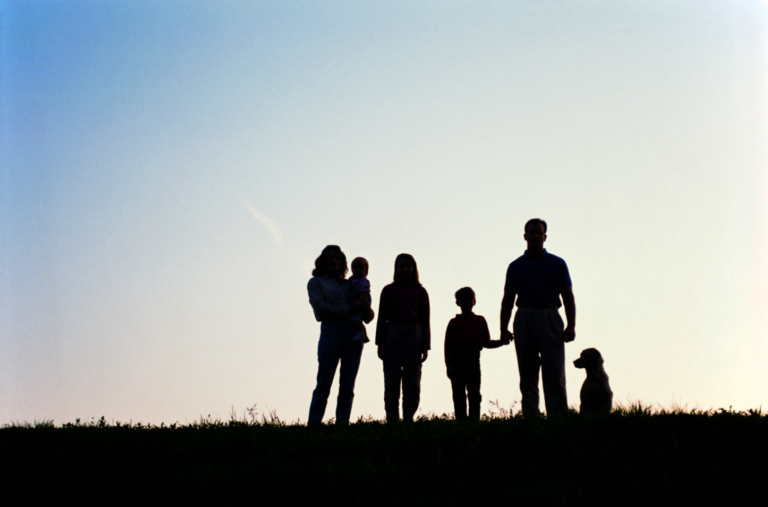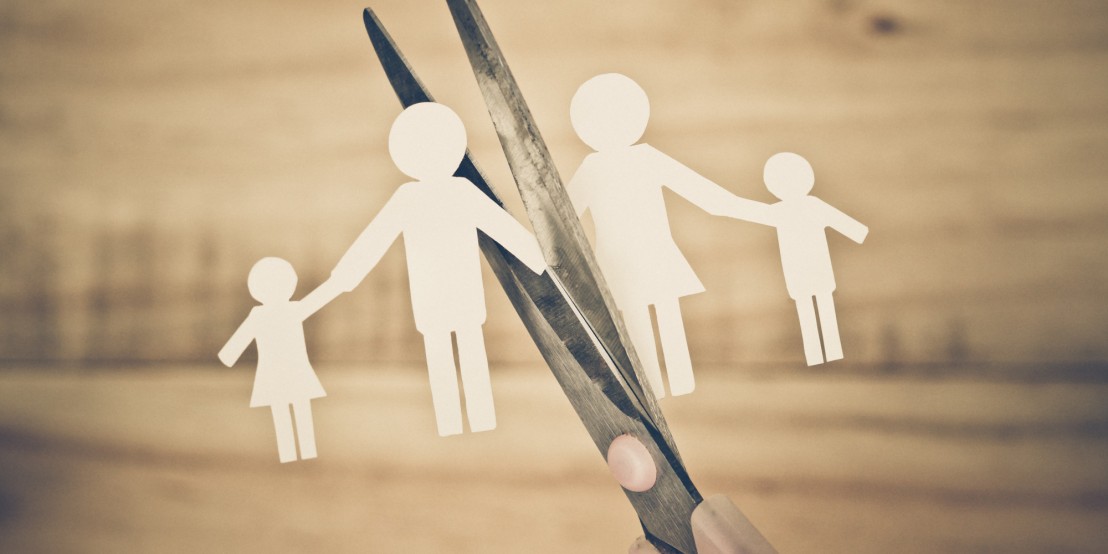What is a marriage divorce? By definition a divorce in a marriage is when people who are wedded to each other get unmarried. This is a sad occurrence because the individuals who had gotten married wanted to spend the rest of their lives with each and now they are separating. This is a hard experience, not only for the couple who are getting a divorced, but also for the children of these divorced couples who are dealing with a new set of problems and situations. How a divorce is played out and handled determines how these children are affected and turn out.
In a case where a divorce is carried out in an angry, harsh, and argument filled process then there is no doubt that children will be affected negatively. In a Psychology Today article written by Jann Gumbiner, titled Divorce Hurts Children, Even Grown Ones, she talks about how there is no such thing as a good divorce; however, the problem with her statement is that divorce she described was bad divorce about her parents that transpired back in the 70s, a time when divorces were not as common. Because of this Jann Gumbiner’s experience and situation concerning the divorce of her parents might have been different if the divorce had taken place in today’s time period where divorces are more common. The divorce of her parents caused lifelong effects that affected her as a child, affected her marriage, and still continues to affect her and because of these lifelong effects Jann Gumbiner believe that there is no such thing a good divorce. This article is credible source because Jann Gumbiner was telling her story and her thoughts about it, she is a credible source because she is a licensed psychologist and clinical professor at the University of California, where she specialized in adolescent and child development, despite the fact that she does not list any resources as a reference. Jann Gumbiner is describing how divorce was harmful to her as a child and how it can be harmful to other children.
The research article The Effects of Divorce on Children, describes how divorces are inherently harmful to children. This article talks about how the relationship within the family that the child had become strained and how family members were not as close to each other as they used to be. Some of the effects of children of several divorces are that their emotional state had been negatively influenced, meaning they were not as cheerful nor happy as they used to be, these children had become more bitter towards their parents, they were falling in the performance in school, and their behavior towards other had become intimidating. All of these are true possible effects that children can go through in a bad divorce. If these children had gone through a good divorce, then they would have understood the situation more and may not have been as negatively affected. This article is a credible source because it cited several references that can be looked at and supports the content written.
Not all divorces are bad, there are many cases where parents go through a good divorce and the children are not negatively affected as much compared to if they had experienced a bad divorce. In a Huffington post article by Brette Sember, titled Why a Good Divorce Is Better Than a Bad Marriage for Kids, several points are stated explaining why getting a divorce and resolving the issues in that situation is better than having the kids experience a life of arguments, constant fighting, unstable security in their own homes. Even though divorces are hard for children, because they don’t want to deal with a new lifestyle or the separation of their parents, it is much better than living in a home filled with tension and unstable emotions for most of their childhood. The article stated that parents sometimes stay married for the sake of their kids and will get a divorce once their kids reach adulthood; however, this is not the best decision regarding the sake of the entire family. When parents get a divorce it is because they are unhappy with each other, and staying together for the sake of their children, while sweet and thoughtful, is not fare to their children and to themselves. It is important that children learn to be happy in life and to be true to themselves, even if it means difficult decisions have to be made. This is a credible source because Brette Sember is an experienced author, freelancer, ghostwriter, book coach, editor, blogger, indexer, content provider, social media specialist, consultant and editor who can be looked up online to see if she is qualified to make such statements that she wrote in the article, despite the fact that no resources were referenced.
Despite the fact that many children are negatively affected by their parents’ divorce it is still possible to raise happy children. In other a Psychology Today article written by Wendy Paris, titled Yes, You Can Raise Happy Children After Divorce, the author lists ways that parents can help their children through divorces so that they can still have a happy childhood. Paris Wendy talks going through a divorce and wondering how her child will be affected by this. She talked about how children of divorced couples still do generally well in everyday life and in school, and she even lists several ways and principles to keep a child happy in a divorce. This usually includes making sure the children keep a good relationship with both parents, both parents lead structurally stable lives after the divorce, and the children are receiving the basic requirements needed such as love, food, shelter, and good health. This article is a credible source because in the writing Wendy Paris talked about a meta-study by Cambridge University professor Michael Lamb, talks about other research results to support her argument, and exemplifies that children can come through a divorce without serious consequences.
After reading all these articles on divorce I argue that the children of divorced couples can come through a divorce without serious consequences. I believe this because I am one of these children. My parents got divorced when I wasn’t even six years old and I have been raised by my mom, though I have kept in contact with my dad. My mom did everything to make sure my sister and I grew up to be happy and to be great individuals as well. I still wonder what my life might have been like if my parents had stayed together, but currently I am happy with my life, how my sister and I turned out to be, and grateful to my mom.
Works Cited
Gumbiner, Jann. “Divorce Hurts Children, Even Grown Ones.” Psychology Today. N.p., 31 Oct. 2011. Web. 01 Apr. 2017. <https://www.psychologytoday.com/blog/the-teenage-mind/201110/divorce-hurts-children-even-grown-ones>.
“An Overview of the Psychological Literature on the Effects of Divorce on Children.” Pardon Our Interruption. N.p., May 2004. Web. 01 Apr. 2017. <http://www.apa.org/about/gr/issues/cyf/divorce.aspx>.
Paris, Wendy. “Yes, You Can Raise Happy Children After Divorce.” Psychology Today. N.p., 17 Mar. 2015. Web. 01 Apr. 2017. <https://www.psychologytoday.com/blog/splitopia/201503/yes-you-can-raise-happy-children-after-divorce>.
Sember, Brette. “Why a Good Divorce Is Better Than a Bad Marriage for Kids.” The Huffington Post. TheHuffingtonPost.com, 24 Mar. 2015. Web. 01 Apr. 2017. <http://www.huffingtonpost.com/brette-sember/why-a-good-divorce-is-better-than-a-bad-marriage-for-kids_b_6925236.html>.



